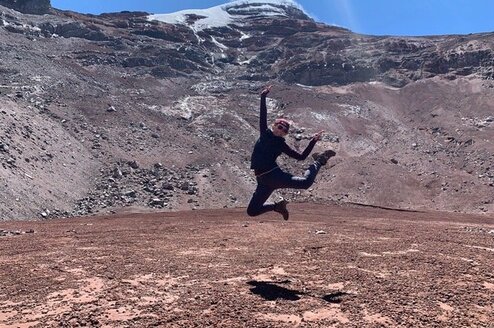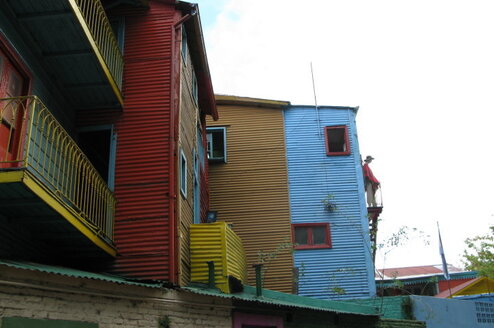SIT Study Abroad: Chile: Public Health, Traditional Medicine, and Community Empowerment
Location
- Chile
Term
Fall, Spring
Need-based funding, Merit-based funding, General grants/scholarships, BIPOC funding
Health & Safety
Jan 03, 2025
Jun 27, 2023
3 travelers are looking at this program
About Program
Live in ethnically diverse Arica, Chile, home to many different cultures and healthcare practices as well as unequal access to health services. From this strategic location near the borders of Peru and Bolivia, you’ll learn about transnational issues such as infectious disease management and examine healthcare from international perspectives at health centers and government offices. You’ll also learn how to collect, analyze, integrate, and report social and public health data, and use that knowledge while completing independent research or an internship. You will also learn Spanish language skills related to health sciences through classroom learning, cultural immersion, homestays, and excursions.
Video and Photos
Diversity & Inclusion 💙
BIPOC Support
LGBTQIA+ Support
Neurodivergent Support
Accessibility Support
Program Highlights
- Study urban and rural healthcare systems, including Indigenous medicine.
- Examine national healthcare policies and intercultural and traditional healing.
- Choose to do an internship in public health centers or with traditional healers of Indigenous people.
- Learn how Indigenous communities manage their health with ancient medications and treatments.
- Learn public health research methods; complete field research or an internship.






